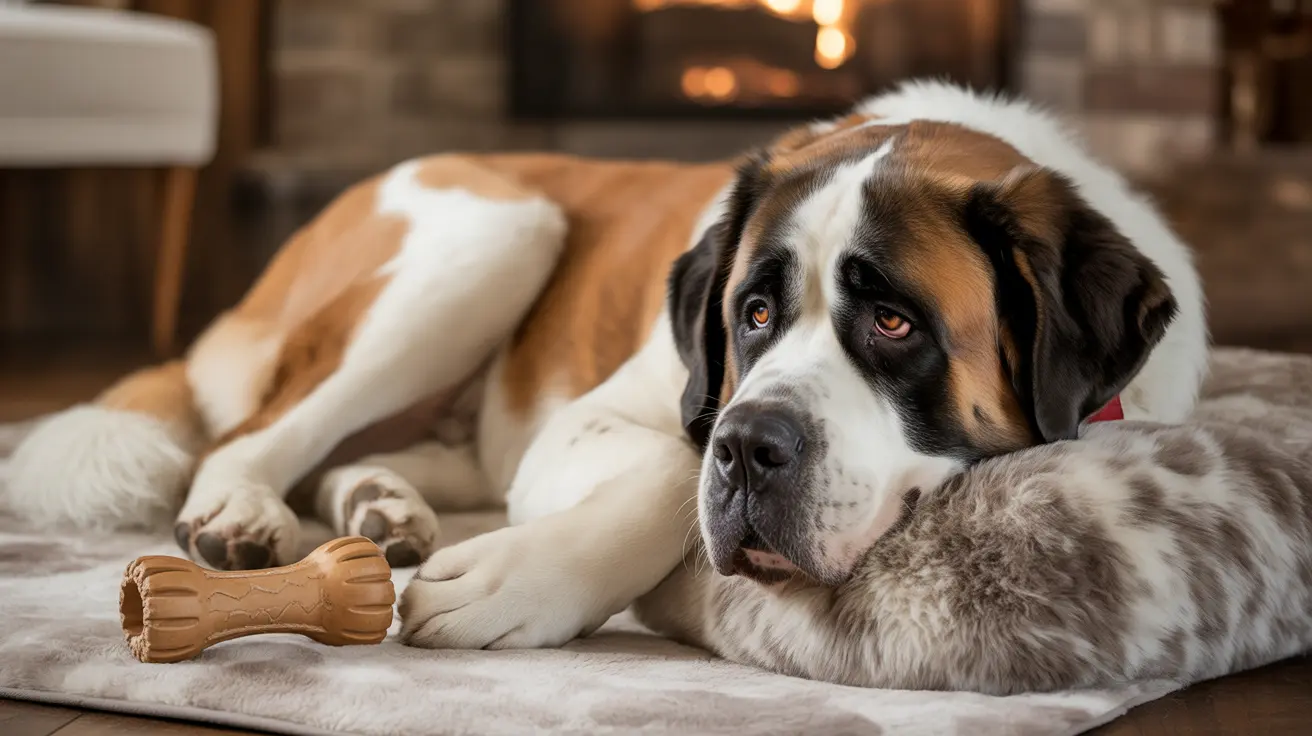If you've ever watched your furry friend snooze the day away, you might have wondered why dogs sleep so much. While humans typically need 7-9 hours of sleep daily, our canine companions require significantly more rest, often sleeping between 12-14 hours per day. This substantial difference in sleep requirements stems from dogs' unique biology, evolutionary history, and individual characteristics.
Understanding your dog's sleep patterns and needs is crucial for ensuring their health and well-being. From puppies to seniors, each life stage brings different sleep requirements, while factors like breed, size, and activity level also play important roles in determining how much rest your dog needs.
Age-Related Sleep Requirements
Dogs' sleep needs vary dramatically throughout their lives. Puppies require the most sleep, typically 16-20 hours daily, as their bodies are rapidly growing and developing. This extensive rest period is crucial for their physical development and learning processes.
Adult dogs generally need 12-14 hours of sleep, with about 75% occurring during nighttime hours and the remainder spread throughout the day in the form of naps. Senior dogs often require even more rest, usually 14-20 hours daily, due to decreased energy levels and the natural effects of aging.
How Breed and Size Impact Sleep Patterns
The amount of sleep your dog needs can vary significantly based on their breed and size. Large breeds like Mastiffs, Saint Bernards, and Great Danes typically need 16-18 hours of sleep daily due to their size and generally lower energy levels.
Conversely, high-energy breeds such as Border Collies and Jack Russell Terriers might only need 10-12 hours of sleep but require more mental and physical stimulation during their waking hours. Working breeds, bred for specific tasks, often need less sleep than companion dogs but require quality rest to recover from their daily activities.
Health Factors Affecting Dog Sleep
Various health conditions can impact your dog's sleep patterns. Dogs fighting illness or recovering from medical procedures typically need more rest than usual. Conditions like diabetes can cause excessive sleepiness, while viral and bacterial infections may increase sleep needs as the body fights off illness.
Environmental and psychological factors can also affect sleep patterns. Changes in routine, new family members, or the loss of a companion can trigger increased sleep as a coping mechanism. Similarly, boredom or lack of stimulation might cause dogs to sleep more than necessary.
Creating the Ideal Sleep Environment
Ensuring your dog gets quality sleep is just as important as the quantity. Provide a comfortable, quiet sleeping area away from household traffic. Senior dogs especially benefit from orthopedic beds that support their joints and maintain comfortable body temperature.
Maintain a consistent daily routine with regular exercise and mental stimulation to help regulate your dog's sleep patterns. This structure helps them develop healthy sleep habits and ensures they're getting the right amount of rest for their age and activity level.
Frequently Asked Questions
Why do dogs sleep so much compared to humans?
Dogs sleep more than humans because they have different sleep cycles and brain processing patterns. While humans experience longer periods of deep REM sleep, dogs have shorter sleep cycles and need more total sleep time to achieve the same restorative benefits.
How much sleep does my dog need based on its age and breed?
Sleep needs vary by age and breed: puppies need 16-20 hours, adult dogs 12-14 hours, and seniors 14-20 hours daily. Large breeds typically need more sleep (16-18 hours) than smaller breeds (12-14 hours), while working and high-energy breeds might need less but require more intense activity when awake.
What can cause changes in my dog's sleep patterns, and when should I be concerned?
Changes in sleep patterns can be caused by illness, stress, environmental changes, or aging. Contact your veterinarian if you notice sudden changes in sleep habits, especially if accompanied by other behavioral changes or symptoms.
How can I ensure my dog gets quality sleep and a comfortable sleeping environment?
Provide a quiet, comfortable sleeping area with appropriate bedding, maintain consistent daily routines, and ensure adequate exercise and mental stimulation during waking hours. Keep the sleeping area at a comfortable temperature and away from high-traffic areas.
Is it normal for my senior dog to sleep for 18 hours a day, or could it indicate a health issue?
While increased sleep in senior dogs is normal (14-20 hours daily), sudden changes in sleep patterns should be evaluated by a veterinarian to rule out underlying health issues. Regular check-ups can help monitor your senior dog's sleep habits and overall health.






